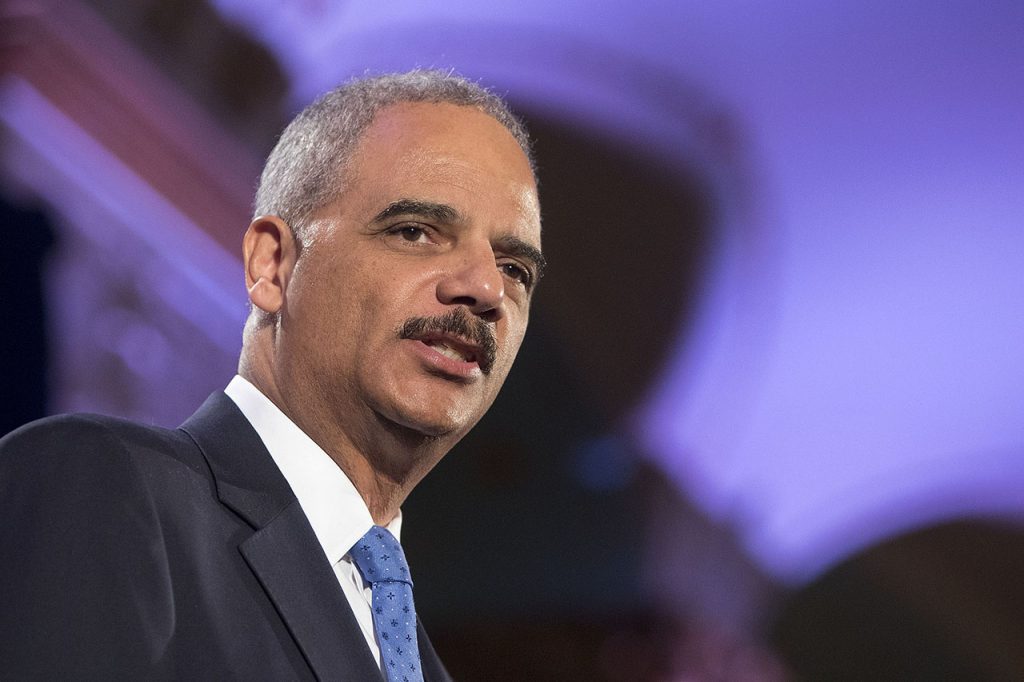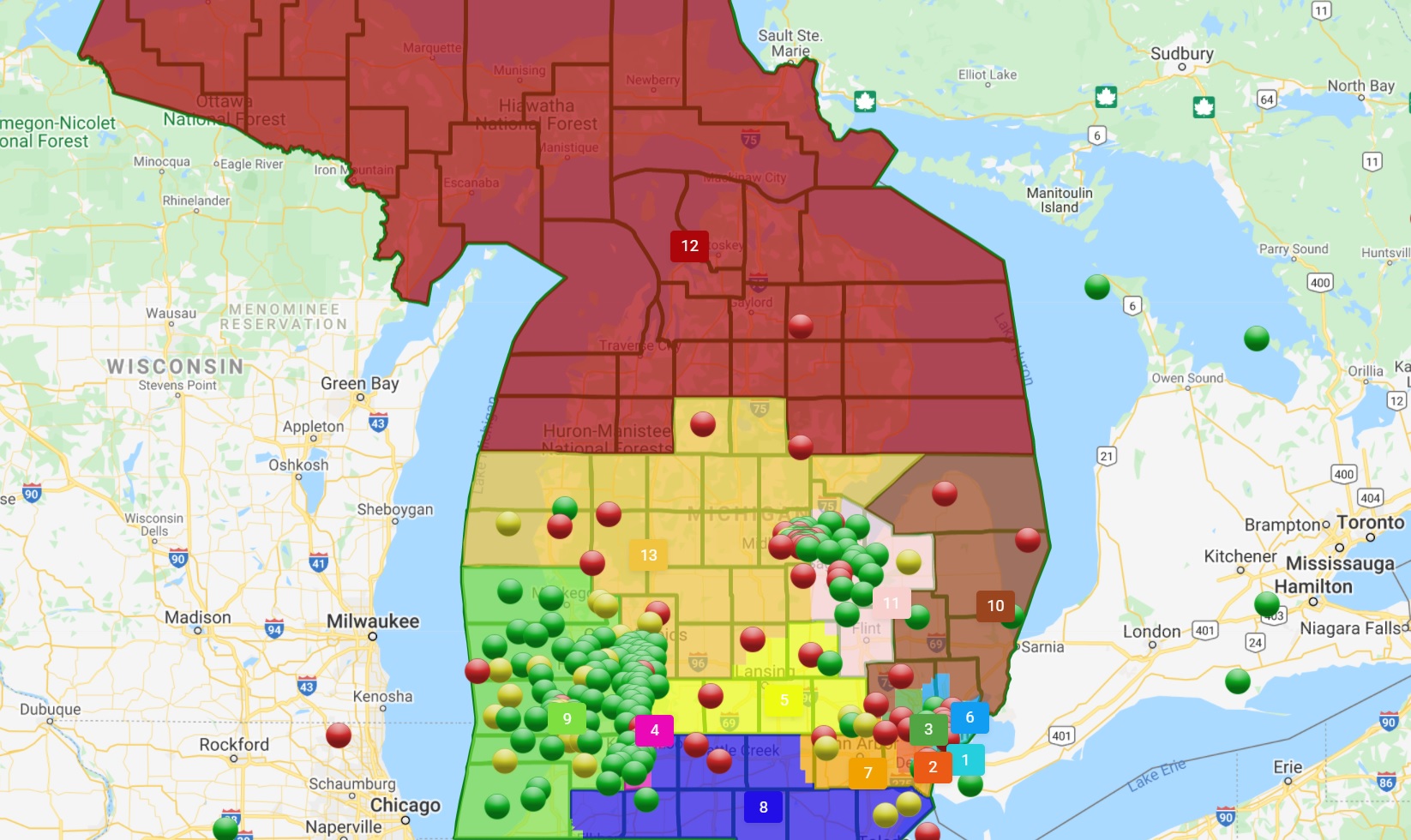Democrats Push for Partisan and Racial Fairness in Redistricting Strategy in Michigan and the U.S.
Former U.S. Attorney General Eric Holder says Michigan is an important test for independent redistricting commissions.

As required by the U.S. Constitution, all 50 states are working to draw lines for state and federal legislative districts. While the process is handled by an independent commission in Michigan, that is not the case in every state.
Former U.S. Attorney General Eric Holder is now the chairman of the National Democratic Redistricting Committee. He says his committee — and the country — are paying special attention to how the redistricting process plays out in Detroit and the rest of the state.
“Michigan is important to see how these commissions actually do and whether the will of the people will actually be respected. And whether unlike 2011, we can have a fair redistricting process in 2021.” –Eric Holder, National Democratic Redistricting Committee
“Michigan is important to see how these commissions actually do and whether the will of the people will actually be respected,” Holder says. “And whether unlike 2011, we can have a fair redistricting process in 2021.”
The Supreme Court’s unwillingness to get involved with partisan gerrymandering that will lead to minimizing the electoral power of minorities is a concern, he says. “I think the Supreme Court has unwisely pulled back from its traditional role of ensuring that the American people — that every American citizen — has the right to vote and that right is protected.”

Commissions like the one in Michigan, which was created after voters approved a new constitutional amendment in 2018, can yield better results because citizens are engaged, he says. “States should certainly have that opportunity and be cognizant of the fact that there is a new way of doing redistricting and not leaving it to interested state legislators. So I think it’s a good idea. Having the involvement of citizens in this process, I think, will give us a much better result.”
Voting is the top thing concerned citizens should do, but they shouldn’t wait till they are at the polls to take action and have an impact on policy choices, Holder says.
“We have to make sure that the processes that lead up to voting are fair as well. And that means that we want to put an end to this wave of voter suppression,” he says. “We want to make sure that racial and partisan gerrymandering becomes a thing of the past, so that the system is simply fair, and so that the American people have the ability to decide what’s the direction of our government.”
Democratic states like Illinois and New York are expected to have heavily gerrymandered districts, and when it comes to reconciling partisan fairness with districts like Illinois’ and New York’s, Holder points to an increase in populations that typically vote Democratic in urban and suburban areas while there has been a decrease in rural areas that tend to vote Republican. (According to the 2020 Census, Detroit’s population dropped by 10%.)
“We will see what happens in New York and Illinois, but I will say this: the analysis that I’ve seen of those states tends not to look at a couple of really critical things. And it’s true in Michigan as well. We have seen an increase in the populations of those places that typically vote them democratic, that is urban areas, and in suburban areas as well.
Listen: Eric Holder on why Democrats need to fight for fairness during the redistricting process.
Trusted, accurate, up-to-date.
WDET strives to make our journalism accessible to everyone. As a public media institution, we maintain our journalistic integrity through independent support from readers like you. If you value WDET as your source of news, music and conversation, please make a gift today.
